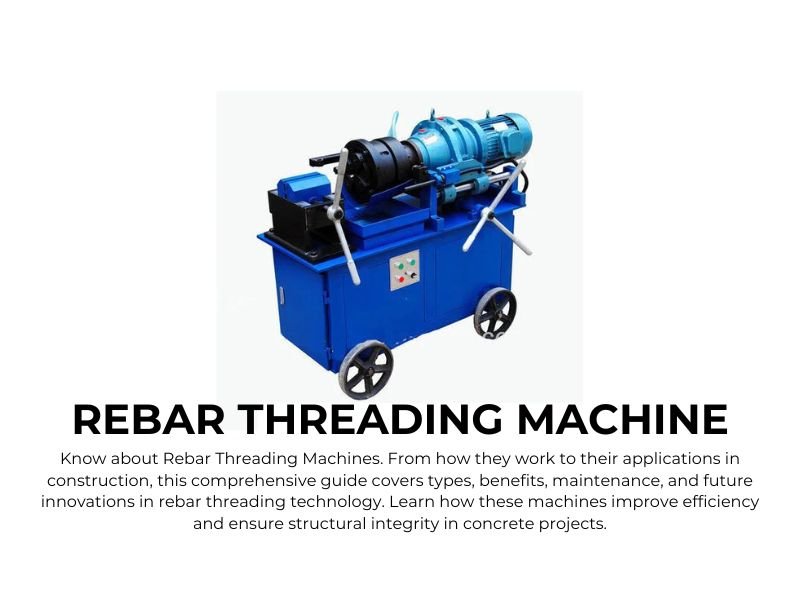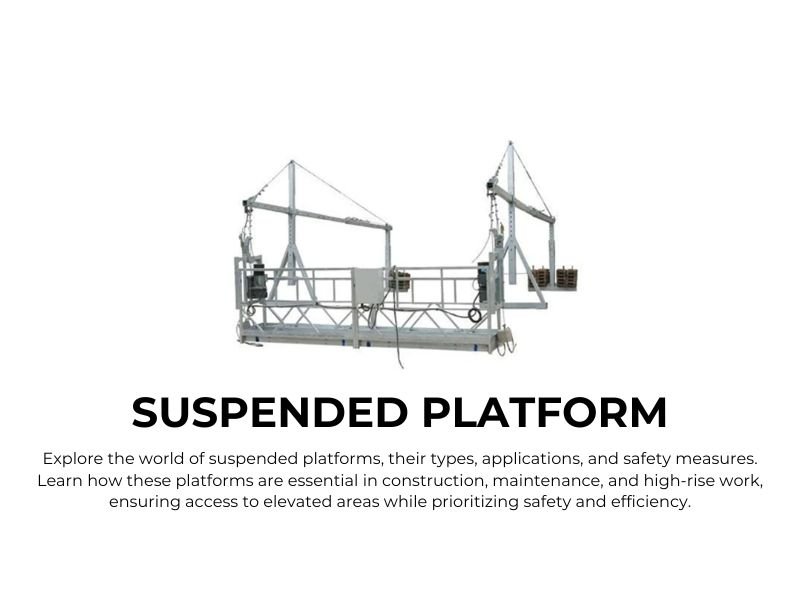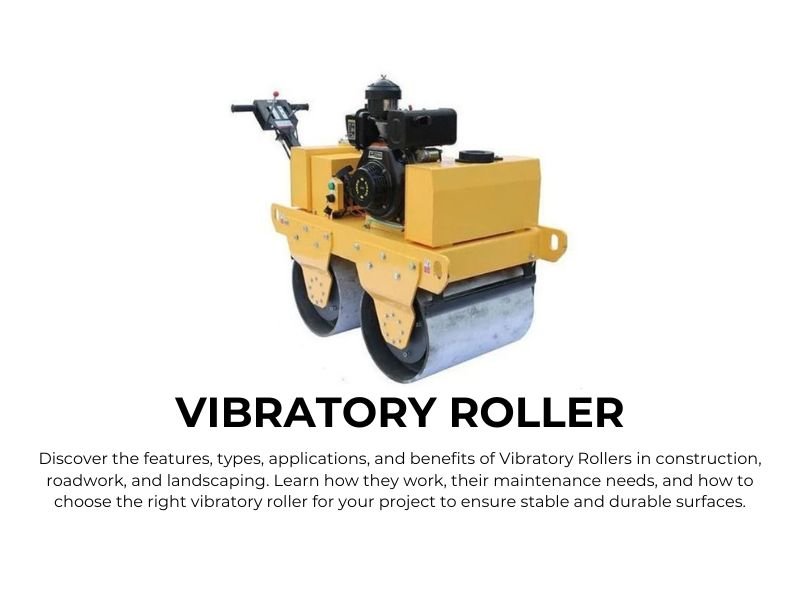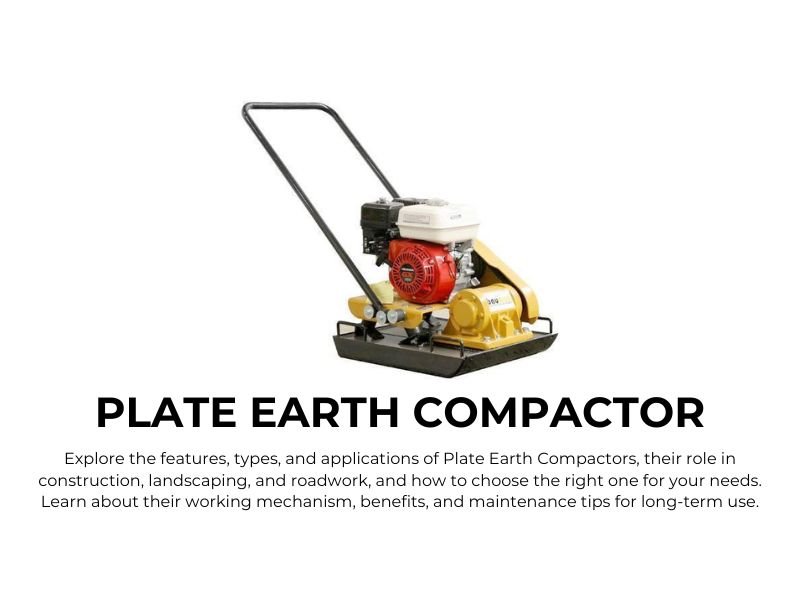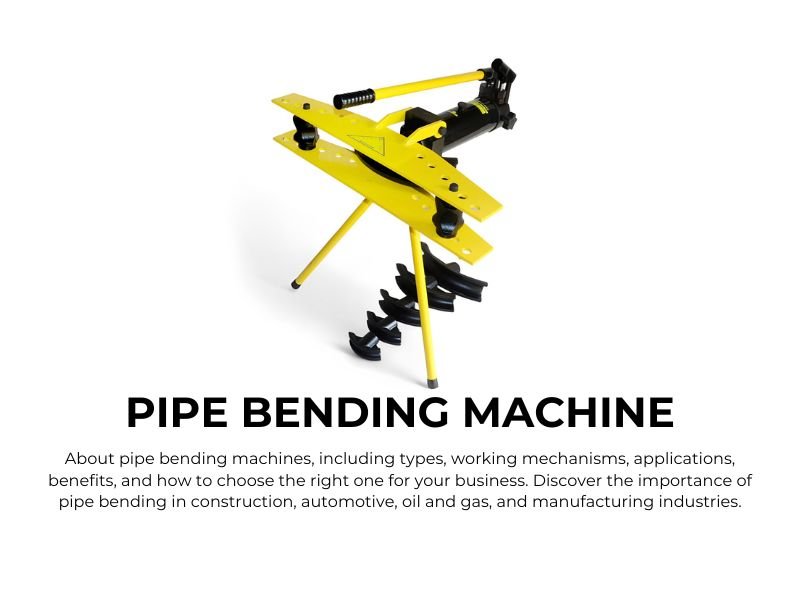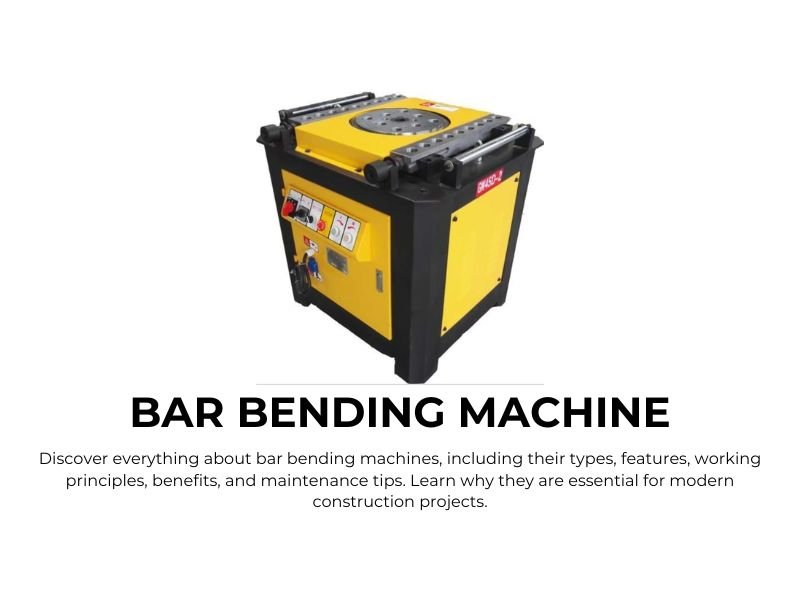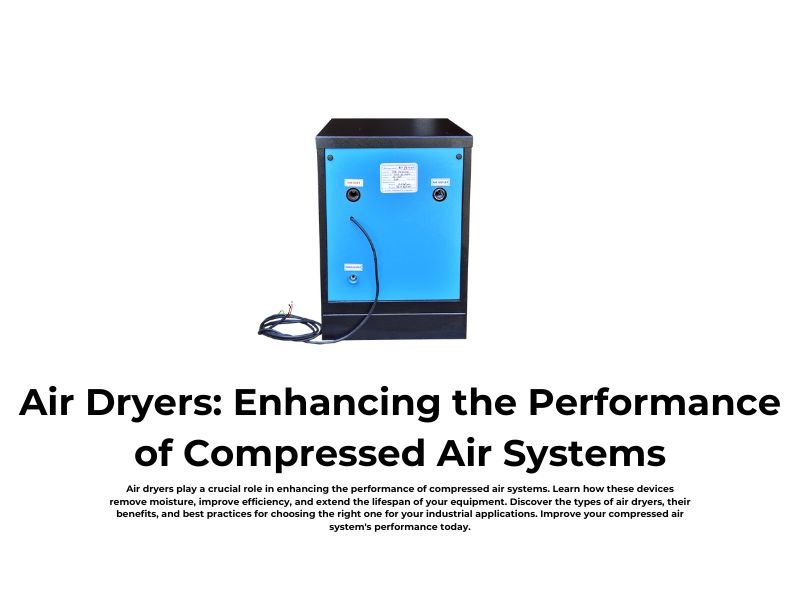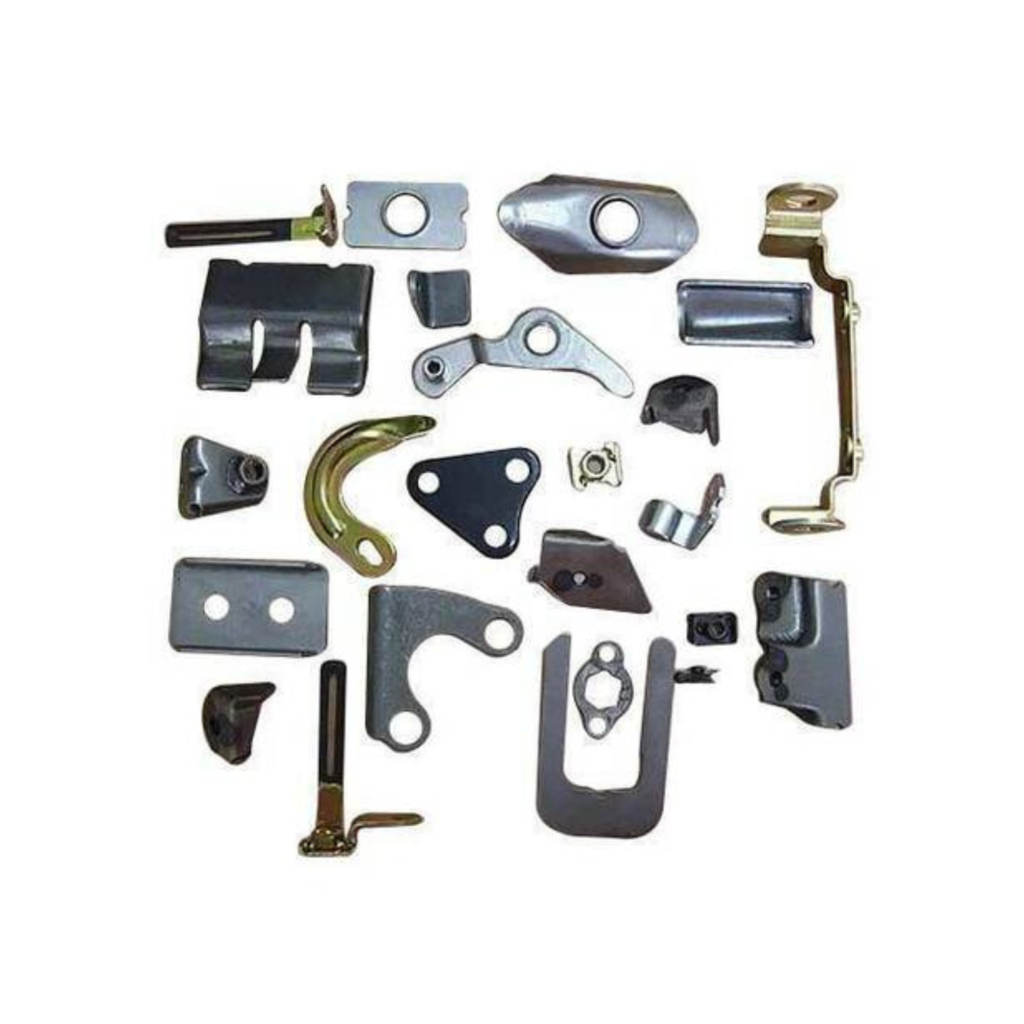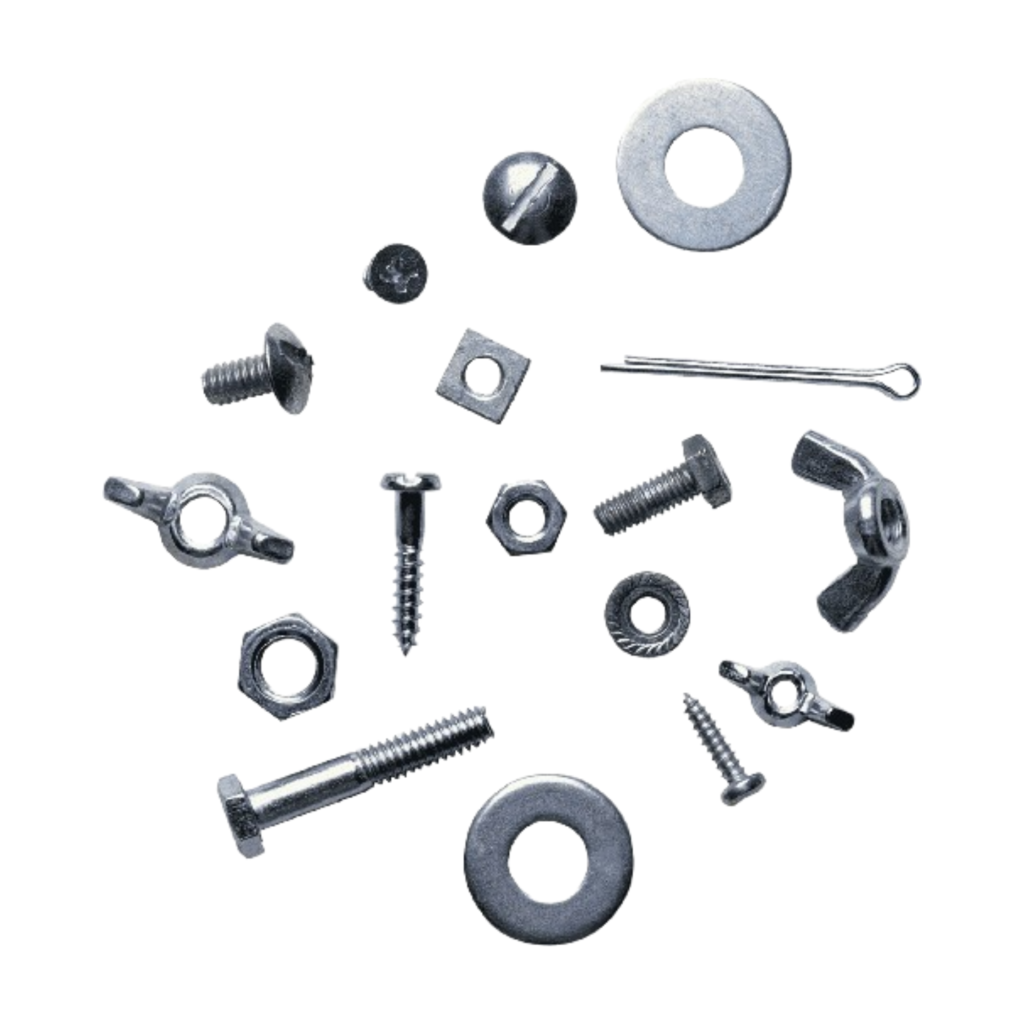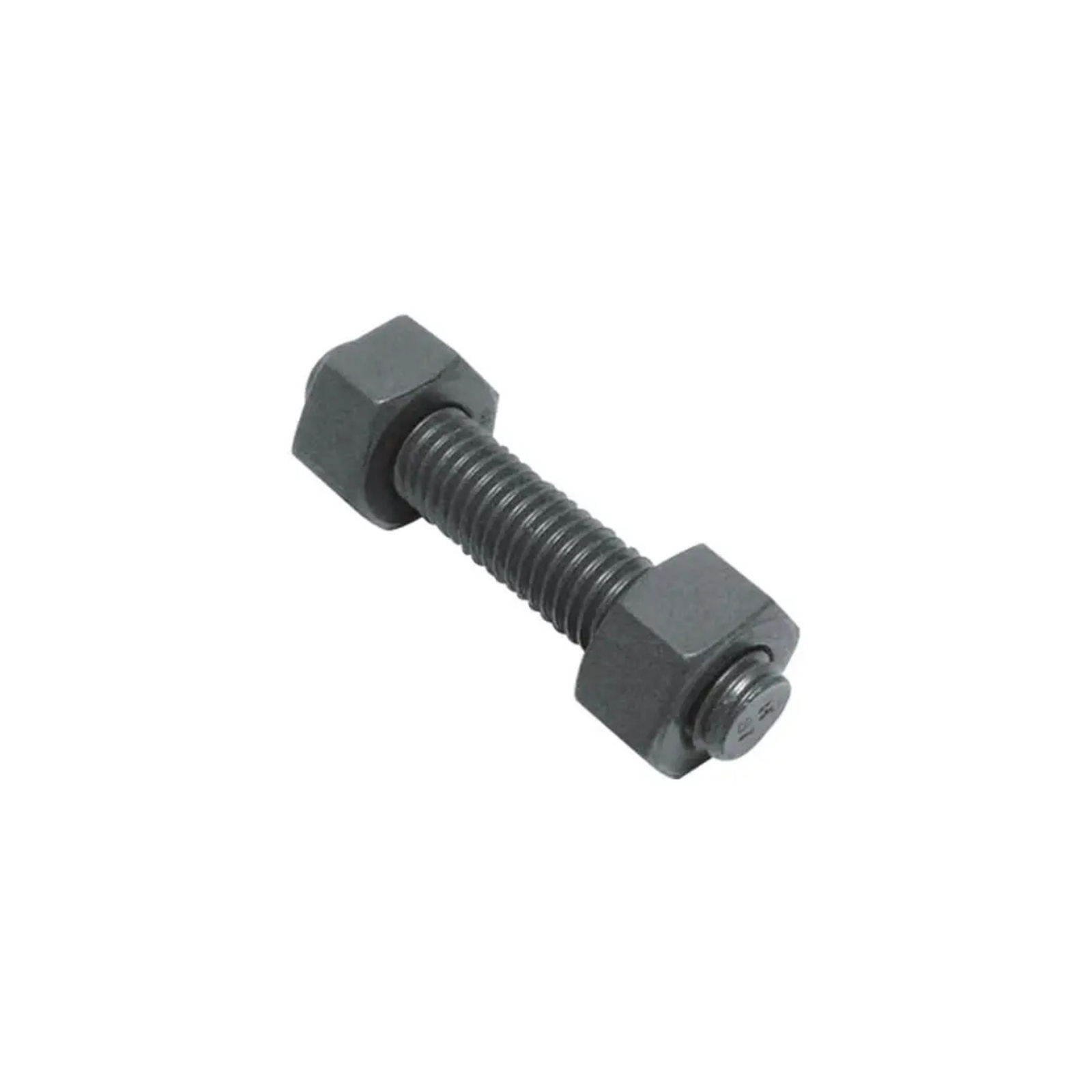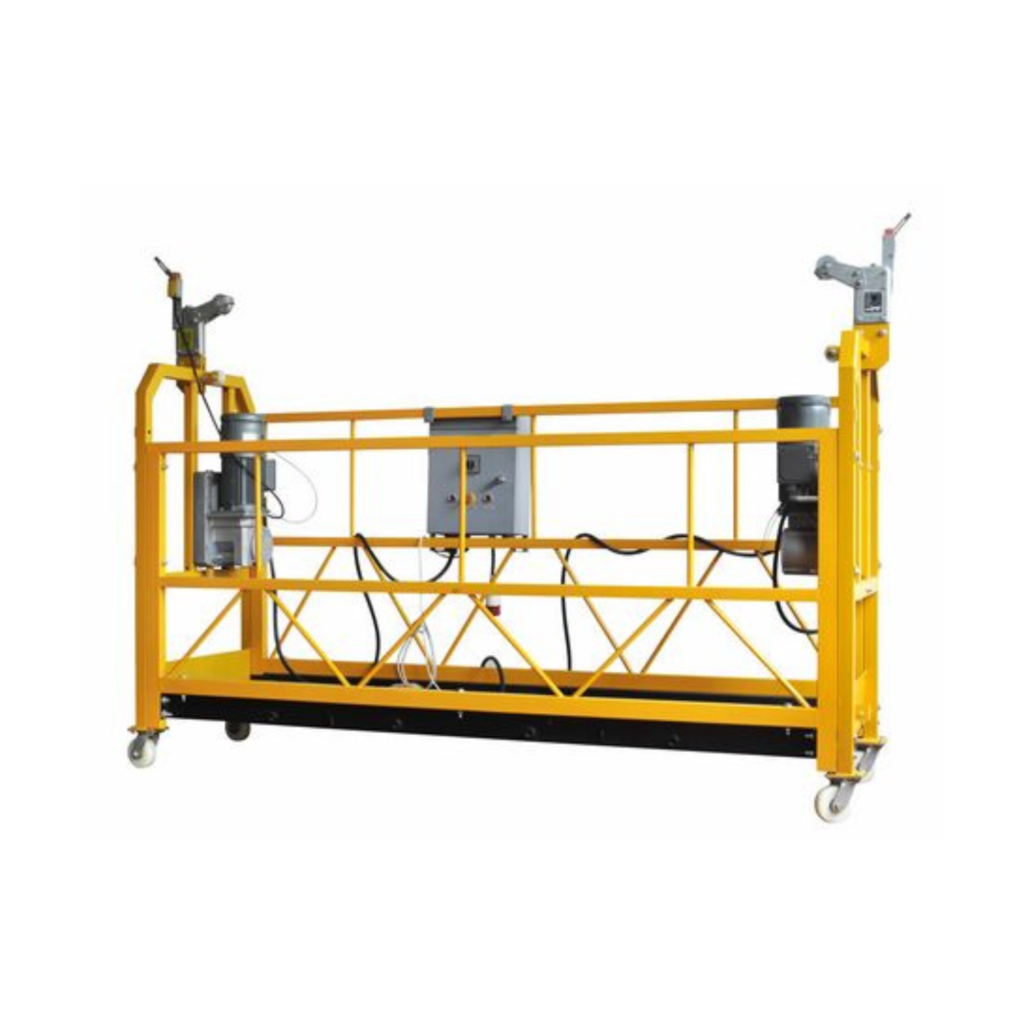Discover the importance of cube testing machines in ensuring concrete quality. Learn how these essential tools guarantee precise concrete strength testing for construction projects, offering reliability and consistency in quality assurance.

Concrete is the cornerstone of modern construction, forming the foundation of everything from residential buildings to massive infrastructure projects. For any construction endeavor, the quality of the concrete used is of paramount importance to ensure safety, longevity, and durability. One of the most vital tools in guaranteeing concrete quality is the cube testing machine. These machines provide precise and reliable testing of concrete’s compressive strength, a key indicator of its overall quality.
In this article, we’ll explore why cube testing machines are crucial for concrete quality assurance, detailing their importance, function, and role in maintaining the integrity of concrete in construction projects.
What is a Cube Testing Machine?
A cube testing machine is an essential piece of equipment in the construction and civil engineering industries. It is used to test the compressive strength of concrete cubes, which are molded from concrete mix. Concrete cubes are cast from fresh concrete, and after curing for a specific period, they are tested for compressive strength under the cube testing machine.
The machine applies a gradually increasing load on the concrete cube until it breaks, and the amount of force applied at the point of failure is recorded. This data helps engineers and contractors determine if the concrete used in a particular project meets the required strength specifications for safety and structural integrity.
Importance of Concrete Quality Assurance
Concrete is a complex mixture of cement, aggregates (sand, gravel, or crushed stone), and water, with each element playing a critical role in determining the final product’s strength and durability. Concrete quality assurance (QA) ensures that the mix is of optimal quality, meeting the required specifications for any construction project.
Without proper QA, concrete may fail prematurely, leading to costly repairs, safety issues, and even structural failure. As a result, regular testing is necessary to monitor the quality of concrete used on-site, and cube testing machines provide one of the most accurate methods of performing this crucial task.
The Role of Cube Testing Machines in Concrete Strength Testing
1. Measuring Compressive Strength
The compressive strength of concrete is one of its most important properties, determining its ability to withstand loads and pressure without failing. Compressive strength is defined as the maximum amount of compressive load that concrete can resist before it starts to fail.
Cube testing machines are specifically designed to measure this strength. Concrete cubes are cast and cured, then placed in the cube testing machine for compression testing. The machine gradually applies pressure to the cube, and the point at which it fails is noted. The failure load is then used to calculate the concrete’s compressive strength, typically expressed in megapascals (MPa).
2. Ensuring Compliance with Specifications
Construction projects often have stringent concrete strength requirements that must be met to ensure the building or structure’s safety and stability. Cube testing machines ensure that concrete used in these projects complies with these requirements.
Quality control engineers can take samples from concrete batches and test them to ensure that the compressive strength meets the specified value. If the cubes pass the testing process, the concrete mix is approved for use in the project. If they fail, the concrete mix is adjusted accordingly.
3. Detecting Mix Variability
Concrete strength is influenced by a variety of factors, including the ratio of materials, water content, mixing time, and curing conditions. Cube testing machines allow engineers to test concrete from different batches and monitor any variations in compressive strength.
If there is a significant difference in strength between different batches of concrete, it could indicate problems with the mixing or curing process. By identifying these issues early, cube testing machines help ensure consistent concrete quality, reducing the risk of structural failure in construction projects.
4. Supporting Durability Assessments
While compressive strength is a key indicator of concrete quality, it also provides insight into its durability. Concrete that is weak under compression is more likely to crack or degrade over time, especially under external forces like temperature changes, vibrations, or heavy loads.
By testing concrete cubes at regular intervals, engineers can assess the durability of the concrete and make necessary adjustments to the mix before it is used in construction.
How Cube Testing Machines Work
Cube testing machines typically consist of the following components:
- Hydraulic Pump: Used to apply a controlled force on the concrete cube.
- Load Cell: Measures the force being applied to the concrete.
- Digital Readout/Indicator: Displays the results of the test, including the maximum load at failure.
- Frame: Holds the concrete cube in place during the test.
Step-by-Step Process of Cube Testing
- Casting Concrete Cubes: Concrete is poured into molds to form cubes, usually with dimensions of 150mm x 150mm x 150mm.
- Curing: The cubes are left to cure for a specified period, typically 7, 14, or 28 days, depending on the testing requirements.
- Testing the Cube: The cured cubes are placed into the cube testing machine. The machine applies a controlled load at a constant rate.
- Breaking Point: The machine continues to apply the load until the cube fails. The point at which the cube breaks is recorded.
- Compressive Strength Calculation: The failure load is divided by the cross-sectional area of the cube to calculate its compressive strength.
Why Cube Testing Machines are Crucial for Construction Projects
1. Ensuring Structural Integrity
For any building or infrastructure project, ensuring that the materials used meet the required strength standards is critical for the structure’s safety. Cube testing machines allow engineers to confirm that the concrete used in construction is capable of handling the loads it will be subjected to during its service life.
2. Compliance with Industry Standards
Cube testing machines help ensure compliance with national and international construction standards. Many building codes and regulations, including those set by ASTM (American Society for Testing and Materials) and IS (Indian Standards), require routine concrete testing to meet specific strength criteria. Cube testing machines are integral to fulfilling these standards and avoiding legal issues or non-compliance penalties.
3. Cost Savings and Efficiency
Although cube testing machines are an investment, they ultimately save money by ensuring that poor-quality concrete is not used in construction projects. Identifying issues early in the concrete’s production process allows for adjustments, reducing the need for costly repairs or structural modifications later on. Furthermore, efficient testing of concrete strength speeds up project timelines, ensuring that construction proceeds on schedule.
4. Optimizing Material Use
By using cube testing machines, contractors and engineers can optimize the use of concrete materials. Testing helps ensure that the right proportion of ingredients is used, reducing waste while maintaining the desired strength and durability. This optimization process contributes to both cost savings and environmental sustainability by reducing the carbon footprint of concrete production.
Maintenance and Calibration of Cube Testing Machines
Like any heavy equipment, cube testing machines require regular maintenance to ensure accurate and reliable testing results. Here are a few important maintenance steps:
- Routine Calibration: The machine should be calibrated regularly to ensure accurate load readings. Calibration involves testing the machine against known reference standards to check for deviations.
- Cleaning: The machine should be cleaned after each test to remove any concrete residue that could affect its performance.
- Inspection: Regular inspections should be conducted to check for any wear and tear, particularly on the hydraulic system, load cells, and digital readout system.
Conclusion
Cube testing machines are an essential part of concrete quality assurance. They provide an accurate, reliable method for testing the compressive strength of concrete, which is crucial for ensuring the safety, durability, and integrity of construction projects. Whether you are working on a residential building, a bridge, or an industrial facility, cube testing machines help ensure that the concrete used meets the necessary strength requirements.
With their ability to detect mix variability, support durability assessments, and optimize material use, cube testing machines are indispensable tools for engineers, contractors, and construction professionals worldwide. They not only provide critical insights into concrete performance but also play a key role in reducing costs, ensuring compliance, and improving project efficiency.

